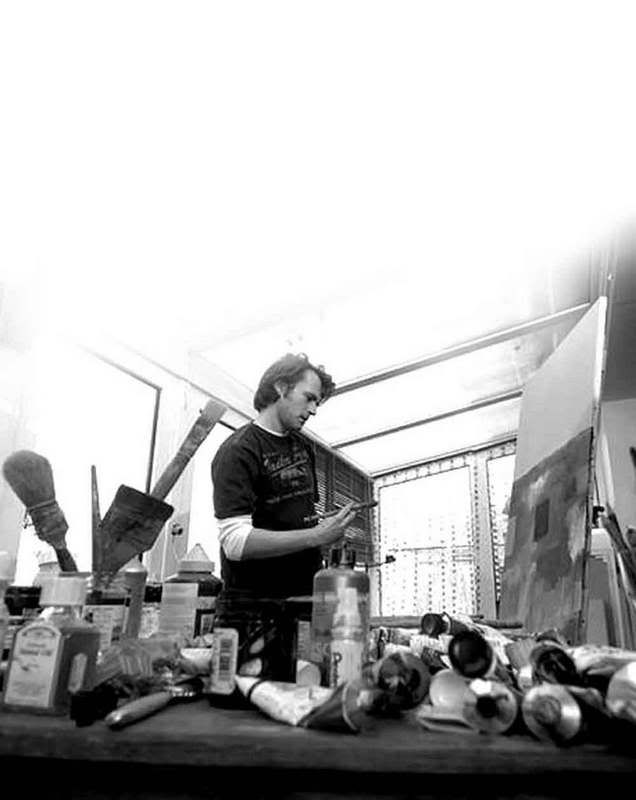We are so used to the Biblical account of the first Christmas that we barely think about it. You know how it goes: Joseph and nine months-pregnant Mary, arduously traveling alone down the road toward Bethlehem, only to get there and, after an endless parade of uncaring residents and bastard landlords, they end up in a filthy barn where the forgotten couple manages to deliver a baby on their own. This version of events has now become so integral to our Christmas psyche that groups like Christian Aid make regular capital out of it to highlight the plight of asylum seekers and the homeless. But is it accurate?
In 2005 I had the chance to travel to Israel and the West Bank to meet various individuals and groups working for peace in the region. A good bit of that trip was in Bethlehem, whose Christian community is, as you might guess, proud of their city and its part in the Christmas story. However, they are bemused and perplexed by our reading of events, which they find deeply offensive. It wasn’t until I heard theirs that I realized how coloured ours is by our Western culture. So I thought I’d share their reading of events.
First, the Roman census was a major social upheaval that put huge portions of the population on the roads. It’s doubtful that Joseph was the only native of Bethlehem heading south from Nazareth. And today in the Mideast, like in the 1st century, the word ‘family’ means ‘extended family’, leading us to believe that Joseph and Mary were on the road with parents, siblings, aunts, uncles, and an endless array of cousins.
Second, we need to remember that Joseph is from Bethlehem, and remembering the Mideast concept of ‘extended family’, the whole crew from Nazareth was all probably being put up by relatives. And even if Joseph had no living relatives (which is doubtful), the text also says that he was a descendent of Bethlehem’s most famous son, David. And anyone who knows anything about Palestinian hospitality and honouring a guest will know that all Joseph had to do was mention that and every door in town would be open to him.
Third, Aramaic translations of scripture give us a better picture of where the family stayed. These texts are better translated ‘there was no room for them where they were staying’ than ‘there was no room at the inn’. Because the house would have been full of relatives, Mary and Joseph would have been the spare room, which was a cave. But this was a Palestinian cave, and that means comfort. If you go to Bethlehem today, you can see the cave for yourself, and ones just like it. And lots of new mums at that time put their babies in mangers, safe and soft.
Finally, no one in that time went to visit family for the weekend, certainly not family so far away. Mary was most definitely pregnant when she got there, but probably not nine months pregnant. She was undoubtedly lovingly cared for by a whole slew of women; sisters, aunts, cousins, maybe even here mother. She gave birth into this caring environment; it’s a beautiful picture of women (sorry, no Joseph; men in that culture didn’t do births) laughing, cooing, adoring the newborn.
What we have is a picture of love, care, hospitality and family. All of the Jews and Arabs I stayed with reinforced this picture of their culture. Experiencing their cultures and their reading of scripture gave me a new respect for them, and helped me to discard some of my cultural baggage, not least being my reading of the Christmas story, that was lazily racist and culturally insensitive.
Subscribe to:
Post Comments (Atom)

A great perspective to help us rethink our culturally prejudicial understandings of a story that we hold as so central to Christianity. With such a potentially gross misreading of the story - what else could we have skewed way off....
ReplyDeletei've always wondered about having all those people moving about... surely if you're taxing people you'd want them to stay still. there's a stab at an explanation here:
ReplyDeletehttp://theflamingheretic.wordpress.com/
Thanks for sharing - you echoed some of what I learned upon my first trip to Bethlehem and why I am anxious to return to the Middle East in Summer 2009 - the more we shed our western skin and enter into the life of the other, the more I believe we start to see the face of Christ. I am not the same person I was after I went there and Lord knows what will happen when I got back for a more indepth encounter. Becky
ReplyDeleteSo what would a more accurate nativity set look like? Ha!
ReplyDeleteI watched "Nativity Decoded" on Channel 4 it went out Christmas Night (I watched it on Channel 4 On Demand - a great service)
ReplyDelete"Robert Beckford explores the historical evidence and analyses the elements of the story to discover that the birth of Jesus took place against a harsh political backdrop."
It explores and debates themes around this issue - I thought it was really helpful and very much in accord with your take on it.